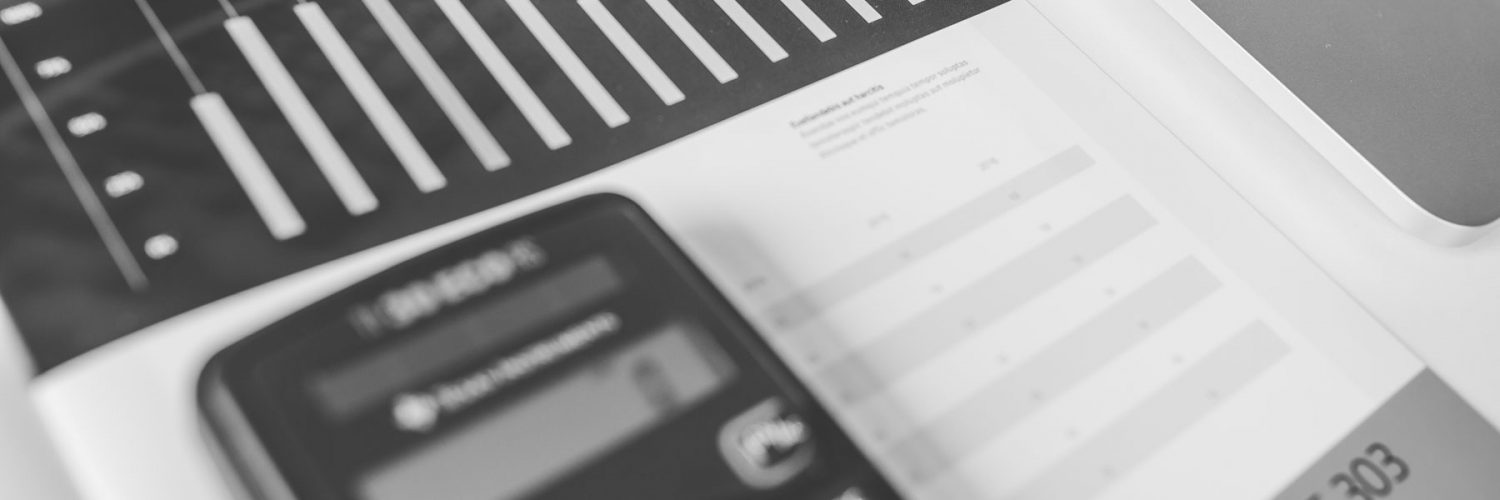
Small Personal Loans
If you’re in need of cash, a small personal loan could be the perfect solution. However, it’s important to compare rates and terms from multiple lenders before deciding which one is right for you.
Fortunately, there are many lenders that offer small personal loans. Some even let you pre-qualify without a hard credit pull.
Flexibility
Small personal loans are a great way to access cash quickly for a wide variety of needs. They can help you cover unexpected expenses like renovations or medical bills.
The key is to choose the right small personal loan lender for your needs. Compare rates, terms and customer service to find the best option for you.
A quick search online will bring up a list of lenders that offer small personal loans. Some offer larger amounts than others, so it’s important to shop around.
Credit unions, for example, are often a good choice for people …
Small Personal Loans Continue Reading >>>

